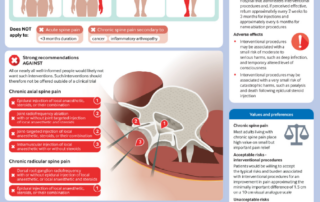GLP-1 diabetes drugs not linked to heightened suicidality risk
Despite previous concerns, findings provide reassurance about the psychiatric safety of these drugs, say researchers Use of GLP-1 receptor agonists to treat type 2 diabetes is not associated with an increased risk of suicidality compared with two other groups of diabetes drugs known as DPP-4 inhibitors and SGLT-2 inhibitors, finds ...











